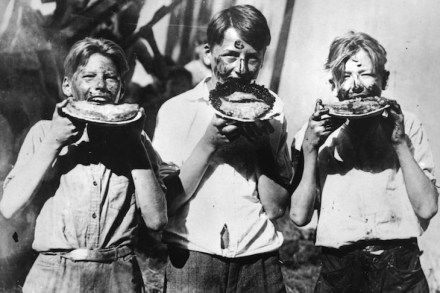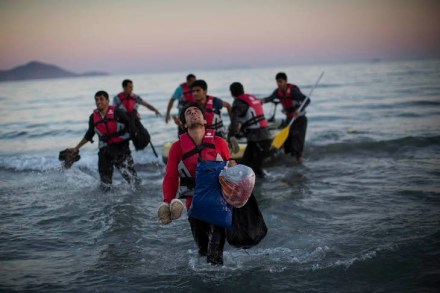Into the heart of Bow
Cockney feet mark the beat of history, sang Noël Coward, as if he had ever been east of Holborn. Yet the sugary wartime sentiment finds a moving and resonant echo in Melanie McGrath’s new work of social excavation. The past casts an unusually deep shadow over Bow. And, cleverly, she has found a fresh means of exploring these striated layers of heritage: through the enduring local appetite for minced beef pie, mashed potatoes, and side orders of stewed eels. G. Kelly’s Pie and Mash is the 100-year- old restaurant in question, on the Roman Road in Bow (there are branches elsewhere). Pie and mash served with ‘liquor’ (parsley sauce) and





















